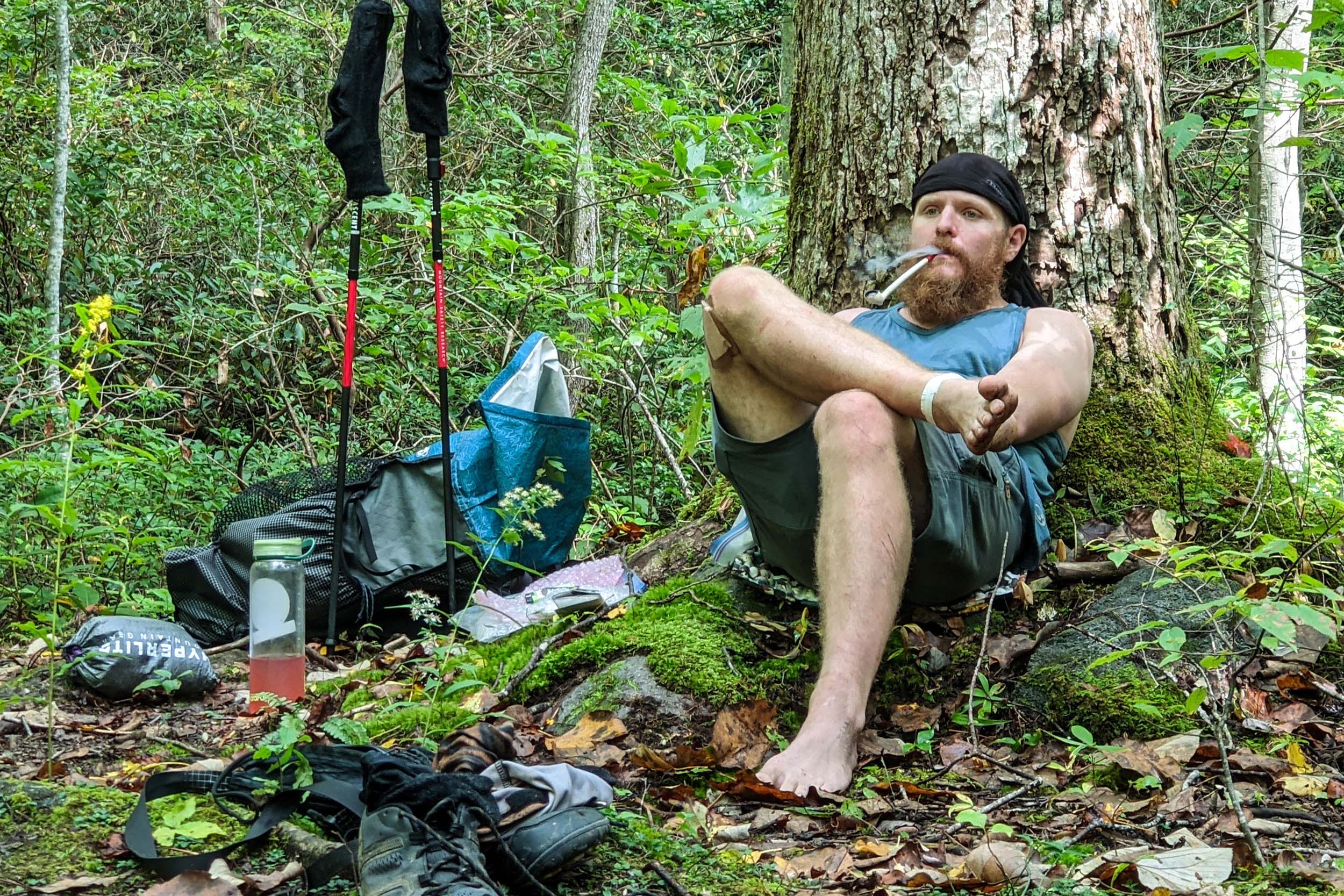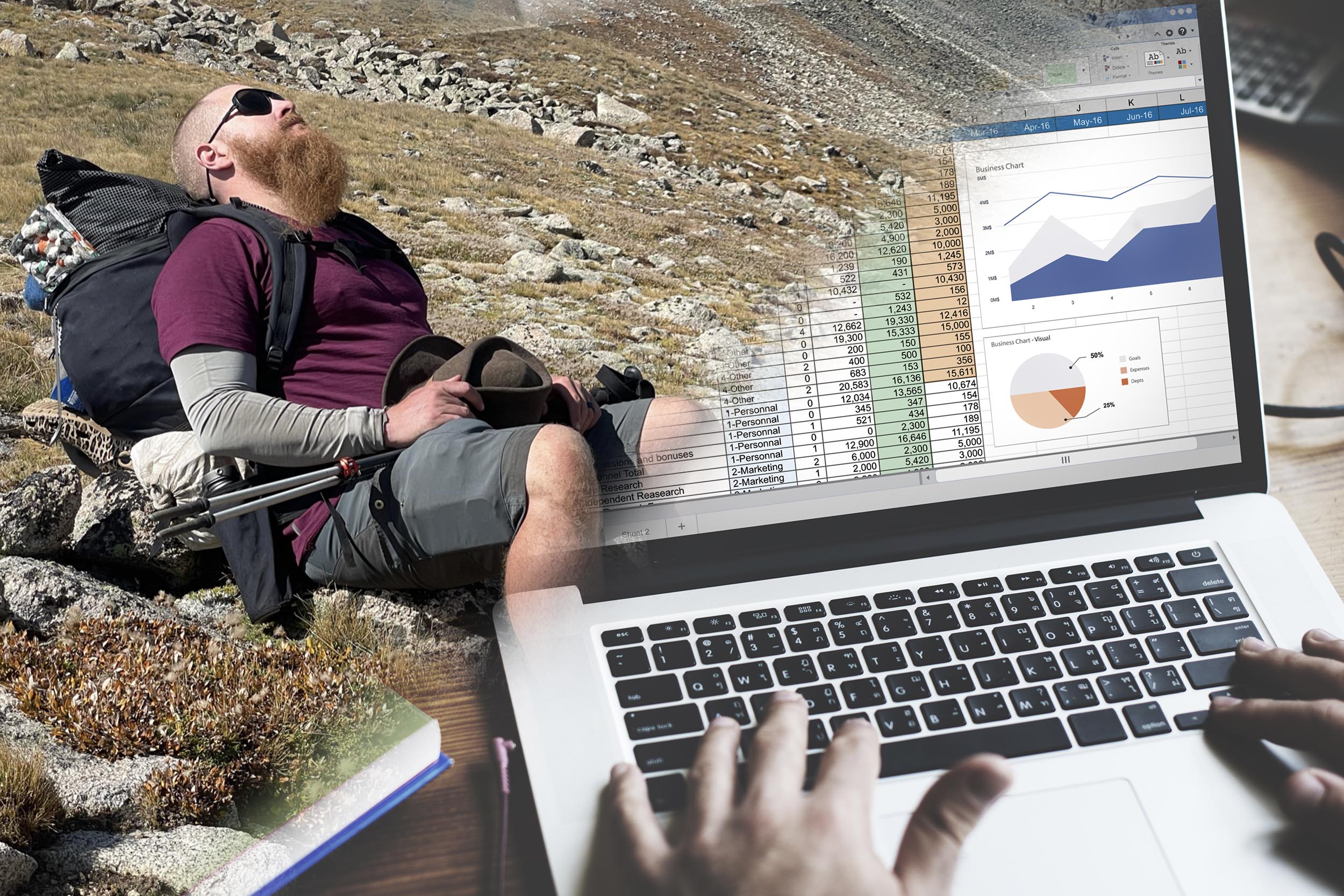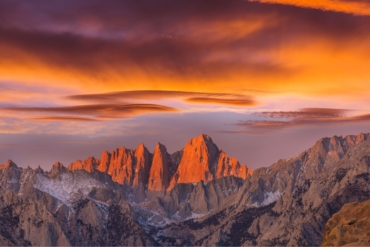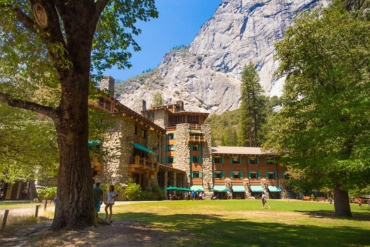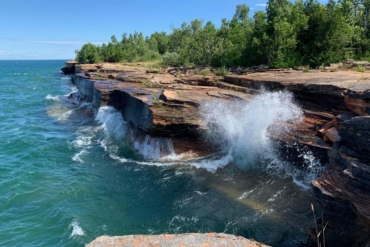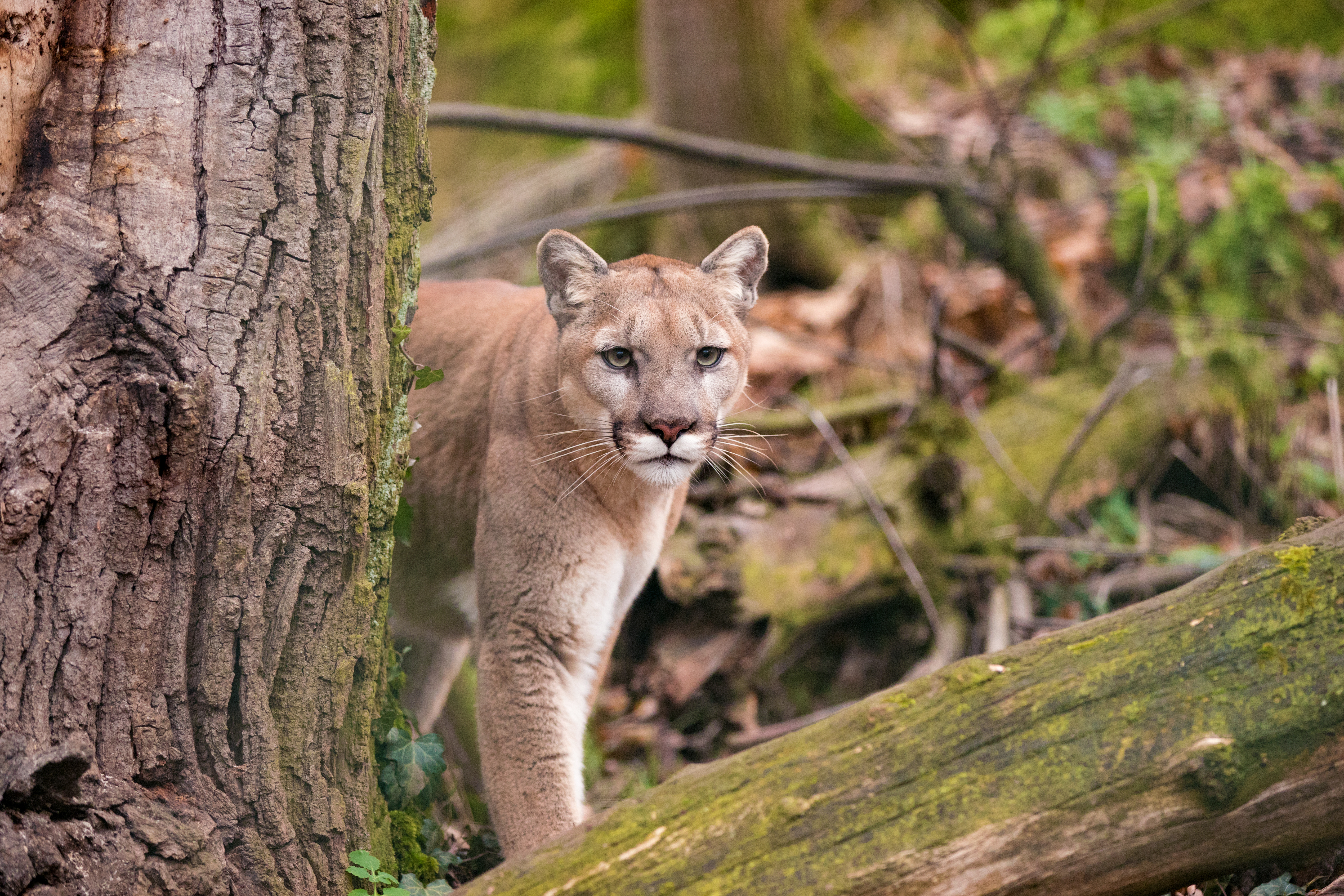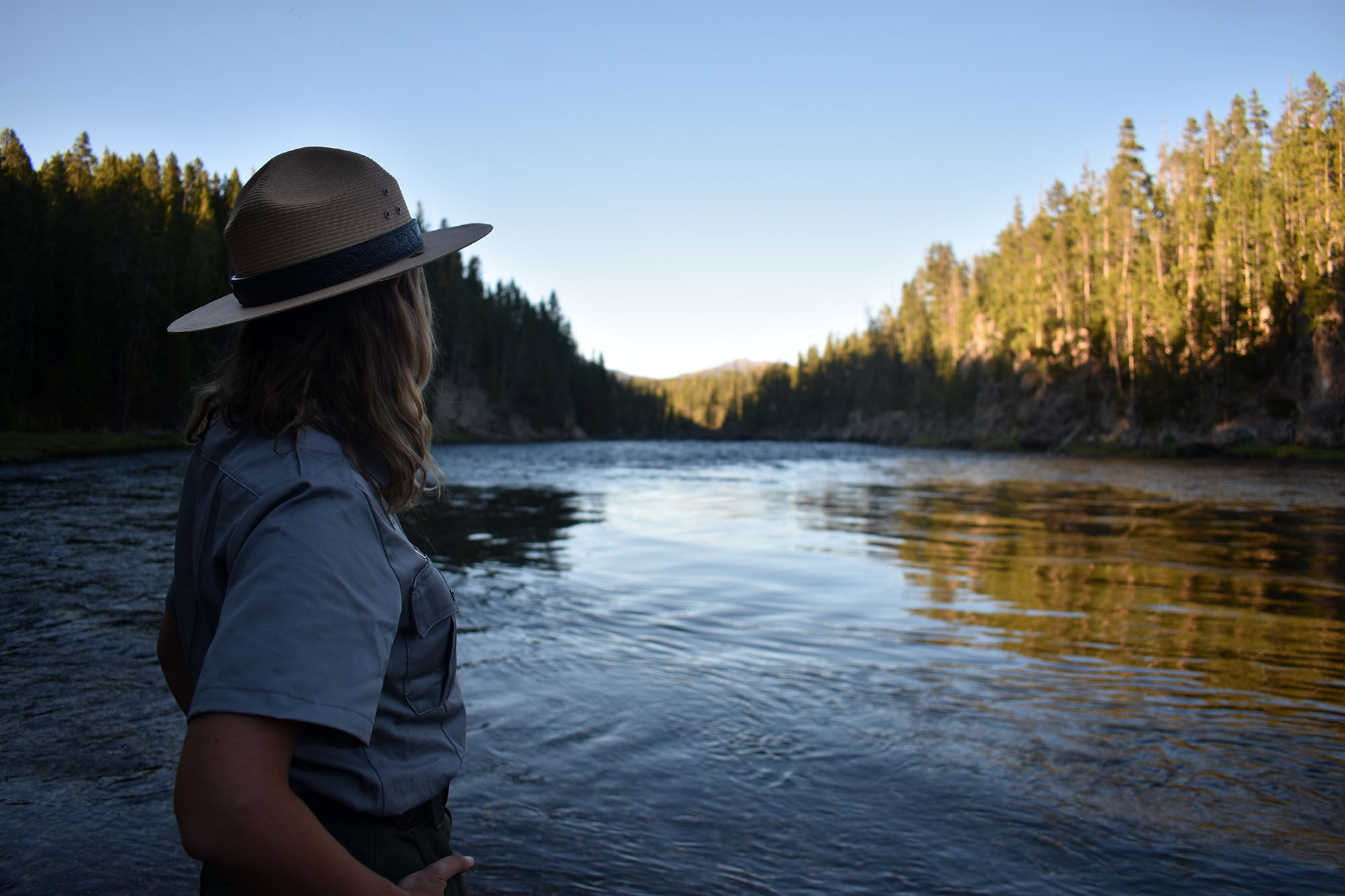At some point about 3 months into the COVID-19 pandemic, I decided to finally scratch a very specific set of athletic accomplishments off my lifelong to-do list. I set my beloved mountain bike aside for the summer and started training for my first marathon.
As you probably remember, most formal running events were canceled during those months, so when I reached the requisite level of training and shuffled into the national forest behind my house to do my Pheidippides thang, I was all alone. No starting pistol to give me a jolt of adrenaline, no fellow runners to motivate me, no crowd of family and friends at the finish line. Just my wife waiting with a beer and a slice of pizza at the trailhead where I finished.
Lacking the normal motivational trappings of a race, and saddled with the kind of lackluster athletic discipline that garnered several third-place cross-country finishes in high school, I missed my goal time of 4:30 by a solid 45 minutes. I was bummed.
Then, in February of the next year, I ran 36 miles on snow-covered forest roads on the occasion of my 36th birthday. My time would have merited DNF designation in any respectable trail race, but once again, I was running solo — just me and 16K of vert on slushy afternoon snowpack.
There were times when walking was faster than running (somehow), but by then, I’d leaned into the slowness of my pace as an ultra-distance trail runner. Splits? Who cares. I was in it for the scenery, vibes, and specific neurochemicals that only a long, slow grind seems to deliver to my nervous system.
Not everybody understands that appeal, especially in the stoke-fueled outdoor industry.
“I don’t understand paddleboarding on a lake,” a colleague recently told me. “It just seems so boring.” This same individual recommended I pick up bikepacking as a change from backpacking because “you can see more in less time.”
Valid points. And for the record, I did pick up bikepacking and it’s spectacular. But to my friend’s first critique — slower outdoor sports are a little boring. And that’s the whole point.
I am here to extol the virtues of the tortoise over the hare. I’m here to ask the question: What if we dialed back the stoke by 20%? What if we embraced monotony?
Experience More When You Focus Less
Something you should know about me, right off the bat: I spend a large chunk of my life in a depressive state. So, I’m looking for danger- and speed-powered squirts of happy juice at least as much as the next person (probably more). I mountain bike, paddle whitewater, and downhill ski.
But I’m also a long-distance backpacker, a cross-country skier, a SUPer, a snowshoer, and an ultra-distance trail runner — and I’m not particularly fast at any of it. And it’s with these slower disciplines that I really get my jollies.
With high-stakes action sports, you’ve got to be dialed in. Lose focus at a crucial moment, and you’ll injure yourself or someone else. But, slower activities allow the brain to drift aimlessly. Details of the landscape start to pop — tiny nuances that you can’t notice at maximum effort, maximum speed take form.
Salamanders. Insects. Bark textures. A subtle shade of green native to your local forest; the way the light hits the leaves. And then your brain starts time traveling, unveiling forgotten faces, random snippets of 20-year-old conversations, your greatest joys, your deepest shame.
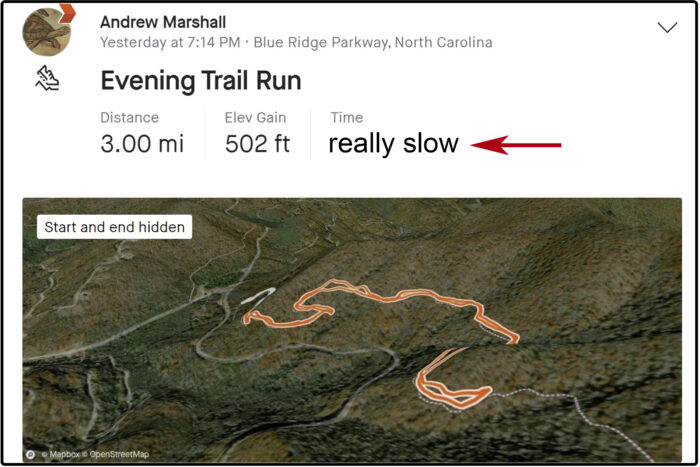
Quiet the Critic
That may not all sound appealing, and I get it. I’m pretty unhappy when I’m walking along and my brain plays a “top 10 most embarrassing moments of your adolescence” slide show for me for no good reason.
And I don’t know about you, but I’ve found the last 7 or 8 years to be a notably stupid time to be alive. I’m not a fan of sitting shotgun while my brain explores humanity’s slow-motion apocalypse.
But, there’s hope! The more consistently I allow my brain to coast along at a measured, 3mph pace, the less it haunts me, and the more it will delight me.
Yes, there will still be days when you have four inexplicable bars of Ke$ha looping through your head for hours on end. You’ll have moments when you can’t stop thinking about the latest political nonsense or blood-soaked horror leading the news.
But more and more often, you’ll find yourself solving problems you’ve been stuck on for years, recalling a happy memory previously lost to time, or overcome with a burst of creative drive.
Think of it like this: High-stoke activities treat the acute conditions of modern life. Low-stoke activities treat the chronic malaise. Both forms of medicine are necessary.
No Shortcuts, No Cheating
There’s an important component to the slow life, a crucial element that allows it to turn from meh to meditative.
You gotta ditch those earbuds.
If you hike the Appalachian Trail and spend the bulk of your time listening to podcasts, audiobooks, and music, I’m just going to go ahead and say you’ve missed half of the entire experience.
That might ruffle some feathers, as many consider it gauche to criticize how other people hike. But I’m begging you to give it a try.
You can start small. If you’re going on a 2-hour solo hike, spend the first hour just listening to the crunch of your feet in leaves. If you’re gravel grinding, notice the wind in your ears for a few minutes before you pop in the motivational tunes. It’s good for your brain — and the science backs me up.

The Ultimate Boredom Test
I’d extolled the virtues of outdoor boredom for years before I decided to put the concept to the ultimate test. In 2015, I thru-hiked the Colorado Trail and brought along no entertainment — no books, no audiobooks, no podcasts, no music — nothing but a journal and a pen.
As it turns out, it was a hell of a trip for such an experiment. My feet hurt bad and I limped along for 25 miles a day, starting every morning with an intensive blister-lancing and foot-bandaging regimen. I struggled in the altitude. I got Giardia and spent the final 4 days of the hike battling extreme fatigue and increasingly disturbing intestinal distress.
In short, having a little distraction would have been a big help.
But as the days turned into weeks, my state of mind became increasingly dreamlike. The pain faded into the background most of the time. I outlined two novels. I drafted letters to old friends I’d let slip away. I mulled the pros and cons of becoming a father, ultimately deciding it was something I wanted despite years of thinking the opposite.
I became intensely aware of birdsong, knowing what chirps to expect at specific altitudes at certain times of day. I realized I didn’t know as nearly as many Queen lyrics as I thought I did, but way more Taylor Swift than I would have admitted.
“How was your trip?” my wife asked at the airport.
“Weird,” I said before scampering off to the bathroom to vomit the contents of a Giardia-infested digestive system.
Life at 3 MPH
These days, when I’m living that slow life, I try to spend about half my time unengaged with audio input. Then I give myself license to fire up Audible.
There’s nothing intrinsically wrong with rocking an audiobook while on a half-day run, or vibing to tunes on a flatwater paddle. But it’s good to be bored every now and then, ideally at regular intervals.
For best results, have pen and pad in hand.
It’s very often no fun to be trapped in a room with your mind. Trust me, I know. But it’s possible to make friends with that bastard — or at least come to an uneasy truce — given time, space, and a little good old-fashioned slow-motion monotony.
